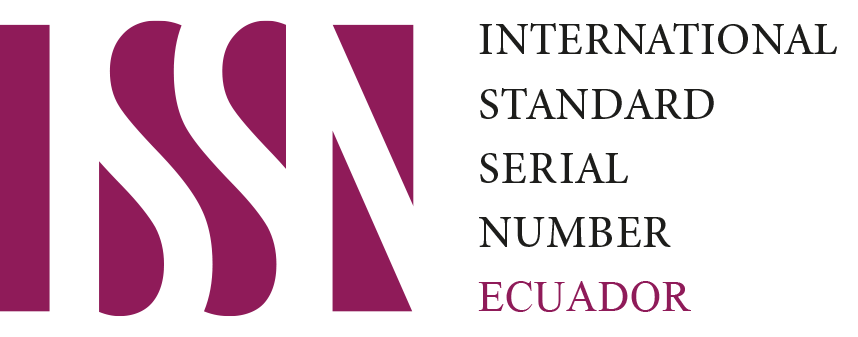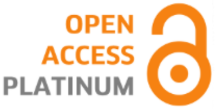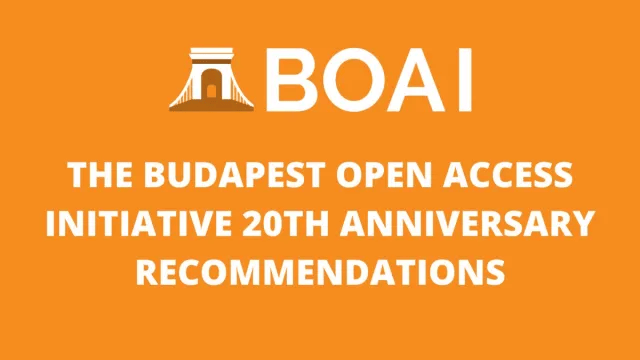The slogans of the mayoral candidates for Portoviejo in the 2019 local elections
DOI:
https://doi.org/10.5281/zenodo.14289243Keywords:
mayoral elections, political campaigns, political slogans, emotional resonance, rhetorical analysisAbstract
This study analyzes the use and impact of political slogans in the 2019 municipal elections in Portoviejo, Ecuador. A comprehensive examination was conducted to assess semantic density, emotional resonance, ideological positioning, and rhetorical appeal. Slogans with emotional and ideological cues were found to effectively leverage emotional and ideological cues to resonate with voters. In contrast, vague or generic slogans struggled to create memorable identities. The study demonstrates the importance of slogans as political branding tools, particularly in media-driven electoral contexts, and highlights their ability to encapsulate values, differentiate candidates, and shape voter perceptions. Recommendations for future campaigns emphasize the importance of culturally relevant, emotionally resonant, and ideologically clear messaging.
Downloads
References
Anglès d’Auriac, L. (2018). The campaign slogans of 2008 and 2016: meta-analysis of the literature produced on political slogans with a view to establishing a protocol for analyzing the structure and rhetoric of Barack Obama’s, John McCain’s, Donald Trump’s and Hillary Clinton’s slogans. Humanities and Social Sciences. https://dumas.ccsd.cnrs.fr/dumas-01960550v1
Akram, A. G., & Iqbal, L. (2021). An analysis of the political slogans in Pakistan from the perspective of rhetoric. Global Language Review, 6(4), 49-65. https://doi.org/10.31703/glr.2021(vi-iv).05
Castells, M. (2013). Communication Power (2a ed.). Oxford University Press.
Consejo Nacional Electoral (CNE). (1 de marzo de 2021). Presentación de resultados finales de las elecciones seccionales 2019 y CPCCS, cantón Portoviejo. https://app01.cne.gob.ec/resultados2019/
Garrido, S., & Freidenberg, F. (2020). El poder del voto. Cambio electoral y sistemas de partidos a nivel federal en México en 2018. Política y gobierno, 27(2). http://www.politicaygobierno.cide.edu/index.php/pyg/article/view/1279
Karmazin, A. (2020). Slogans as an organizational feature of Chinese politics. Journal of Chinese Political Science, 25, 1–19. https://doi.org/10.1007/s11366-019-09651-w
Abid, A., Roy, S.K., Lees-Marshment, J., Dey, B. L., Muhammad, S. S., & Kumaret, S. (2023). Political social media marketing: a systematic literature review and agenda for future research. Electronic Commerce Research. https://doi.org/10.1007/s10660-022-09636-7
Koch, N., & Kaleniuk, S. (2021). Psycholinguistic potential of political concepts of the election campaign. Psycholinguistics, 30(2), 153-173. https://doi.org/10.31470/2309-1797-2021-30-2-153-173
Kubin, E., & von Sikorski, C. (2021). The role of (social) media in political polarization: A systematic review. Annals of the International Communication Association, 45(3), 188-206. https://doi.org/10.1080/23808985.2021.1976070
Lakoff, G. (2016). Moral politics: How liberals and conservatives think (third edition). University of Chicago Press.
Larionova, M. V. (2020). Slogan in the Spanish political discourse: Cognitive, linguistic, and pragmatic dimensions. Philology Science at MGIMO, 23(3), 121-130. https://doi.org/10.24833/2410-2423-2020-3-23-121-130
Lumley, F. (1925). Means of Social Control. The Century Social Science Series. New York and London.
Nenadić, M. Z. (2022). Ideological (mis)use of language: Linguistic-stylistic analysis of political slogans. Lipar, 79(3), 253-273. https://doi.org/10.46793/lipar79.253n
Peña, P., & Ortiz, M. (2011). El eslogan político español en la campaña de elecciones generales de 2008. Estudios sobre el mensaje periodístico, 17(2), 549-568. https://doi.org/10.5209/rev_esmp.2011.v17.n2.38130
Russo, I., Comandini, G., Caselli, T., & Patti, V. (2022). Share and shout: Proto-slogans in online political communities. Journal for Language Technology and Computational Linguistics, 35(2), 33-49. https://doi.org/10.21248/jlcl.35.2022.228
Scammell, M. (2015). Politics and image: The conceptual value of branding. Journal of Political Marketing, 14(1-2), 7-18. https://doi.org/10.1080/15377857.2014.990829
Song, J., & Gee, J. (2020). Slogans with Chinese characteristics: The political functions of a discourse form. Discourse & Society, 31(2), 201-217. https://doi.org/10.1177/0957926519880033
Tkach, B., Lytvynchuk, L., Popovych, I. S., Blynova, O., & Zahrai, L. (2021). Research on the experience of users of political slogans in Ukraine. Brain: Broad Research in Artificial Intelligence and Neuroscience, 12(1), 173-191. https://doi.org/10.18662/BRAIN/12.1/173
Published
Data Availability Statement
The datasets used and/or analyzed during the current study are available from the corresponding author on reasonable request.
Issue
Section
License
Copyright (c) 2025 Rauny J. Limonta (Author)

This work is licensed under a Creative Commons Attribution-NonCommercial-ShareAlike 4.0 International License.


































